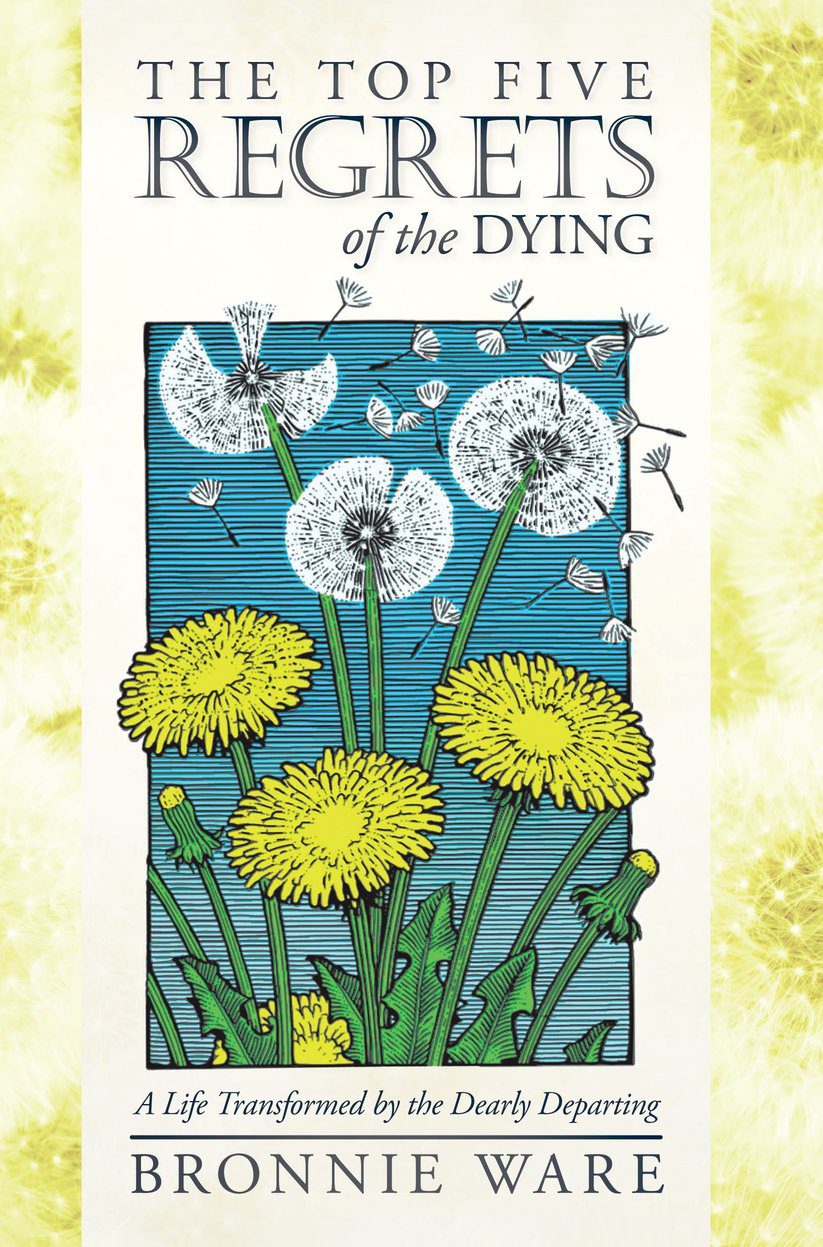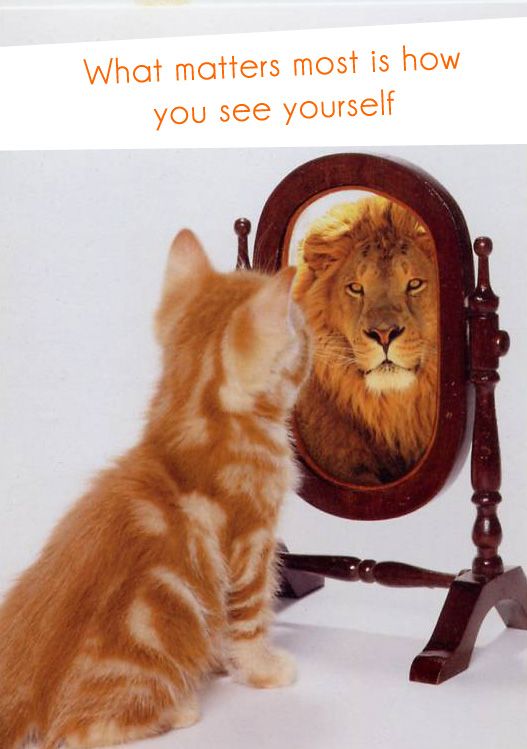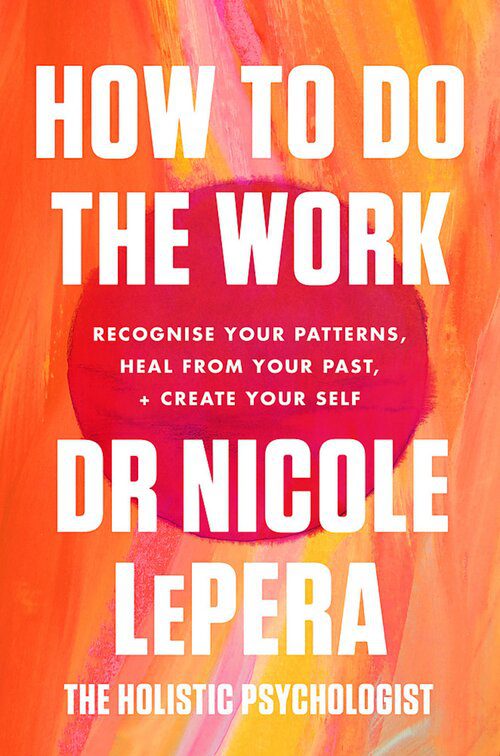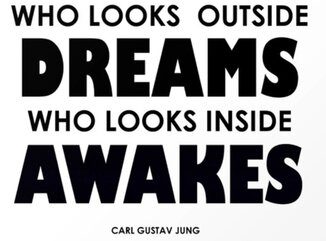This is not a drill; there are no do-overs; once it is done, it is done. Most of us sleepwalk through life; we spend our limited time engaging in things and people that are not and will not take us closer to our ultimate purpose. We spend half of our walking hours in situations we don’t necessarily like; we delay living, operating on autopilot and in a trance of low-level thinking. As Henry David Thoreau observed in Civil Disobedience and Other Essays, “The mass of men lead lives of quiet desperation. What is called resignation is confirmed desperation. From the desperate city, you go into the desperate country and have to console yourself with the bravery of minks and muskrats. A stereotyped but unconscious despair is concealed even under what are called the games and amusements of mankind. There is no play in them, for this comes after work. But it is a characteristic of wisdom not to do desperate things..”
We spend our youth pursuing wealth, and we eventually spend the wealth on our health in old age. Our slumber makes us falsely think money would solve our issues and problems. Money is like alcohol; it only brings out what is already there. Austrian neurologist and Holocaust survivor Viktor Frankl asserted:
“Don’t aim at success. The more you aim at it and make it a target, the more you are going to miss it. For success, like happiness, cannot be pursued; it must ensue, and it only does so as the unintended side effect of one’s personal dedication to a cause greater than oneself or as the by-product of one’s surrender to a person other than oneself. Happiness must happen, and the same holds for success: you have to let it happen by not caring about it. I want you to listen to what your conscience commands you to do and go on to carry it out to the best of your knowledge. Then you will live to see that in the long-run—in the long-run, I say!—success will follow you precisely because you had forgotten to think about it”

Life is over so quickly. It is possible to reach the end with no regrets. It takes some bravery to live it right, to honour the life you are here to live but the choice is yours. So will be the rewards. Appreciate the time you have left by valuing all of the gifts in your life and that includes especially, your own, amazing self.
Australian palliative caregiver Bronnie Ware in her book, The Top Five Regrets of the Dying: A Life Transformed by the Dearly Departing. 1 the 5 top Regrets of the Dying are:
1. I wish I’d had the courage to live a life true to myself, not the life others expected of me.
2. I wish I hadn’t worked so hard.
3. I wish I’d had the courage to express my feelings.
4. I wish I had stayed in touch with my friends.
5. I wish that I had let myself be happier.
1. I wish I’d had the courage to live a life true to myself, not the life others expected of me.
The regret of not having lived a life true to themselves was the most common one of all. It was also the one that caused the most frustration, as the client’s realisation came too late. They say though that we do more to avoid pain than we do to gain pleasure. So it is when the pain becomes too much that we finally find the courage to make changes. Until then, the pain within me was just continuing to fester until it did reach a breaking point.
The majority of us are the same, in that we just want to be happy. And on some level, we all have hearts that suffer.
We are all fairly malleable, bendable creatures really. While we have the choice to think for ourselves and have free will to live the way our hearts guide us, our environment has a huge effect on us all, particularly until we start choosing life from a more conscious perspective.
According to Ware, the number one regret we might probably have is wishing that we lived life on our terms. We wish we had woken up earlier from our slumber, stopped living in autopilot, come out of the trance, and lived our lives based on what we really want to do here on earth. As the saying goes: “In your 20s, you cared what everyone says about you, in your 40s, you stopped caring; and in your 60s, you realized that no one was really thinking about you.” For most of us, we would come to the realization that the people we are trying to impress are really not thinking about us. When you wake up from your slumber, the cat realizes that he is a lion, the chicken realizes that he is an eagle and the human realizes that he has limitless capabilities.

Running on autopilot 2 is a function of our conditioning. Most of us are stuck in subconscious programming; in fact, some brain scans reveal that we operate only 5 percent of the day in a conscious state; the rest of the time, we are on subconscious autopilot. This means that we are making active choices during only a small sliver of our days and letting our subconscious run the show the rest of the time.

When we’re running on autopilot, a primitive, or subconscious, part of our mind drives our reactions. Astonishingly, our subconscious stores every single experience we ever have. This however isn’t just a neutral storehouse for facts and figures; it’s emotional, reactive, and irrational. Every moment of every day, this subconscious mind is shaping the way we see the world; it is the primary driver of most of our (often automatic) behaviors.
Meditations
- Daily Calm with Tamara Levitt – The Waiting Game.
- The gift of unexpected downtime – we live in a world that makes it almost impossible to stop and catch our breath. It is vital that we discover moments of calm wherever we can find them.
- Ponder your day, contemplate your life and ask yourself if you are living up to your deepest values and beliefs.
‘When you press the pause button on a machine, it stops. But when you press the pause button on human beings they start. – Thomas L. Friedman
- Daily Jay with Jay Shetty – Take a Break.
- With our society’s focus on productivity, lots of us think that we don’t have time to spare. Studies show that short breaks are essential to our well-being; they can improve our attention and decision-making. They can also help us recover from work-related stress and burnout.
- The three Ws: Walk, Water and Window to the outside.
Podcast
- Jada Pinkett Smith OPENS UP On Her Marriage & Struggling With Dark Thoughts – Jay Shetty Podcast



Comments are closed.